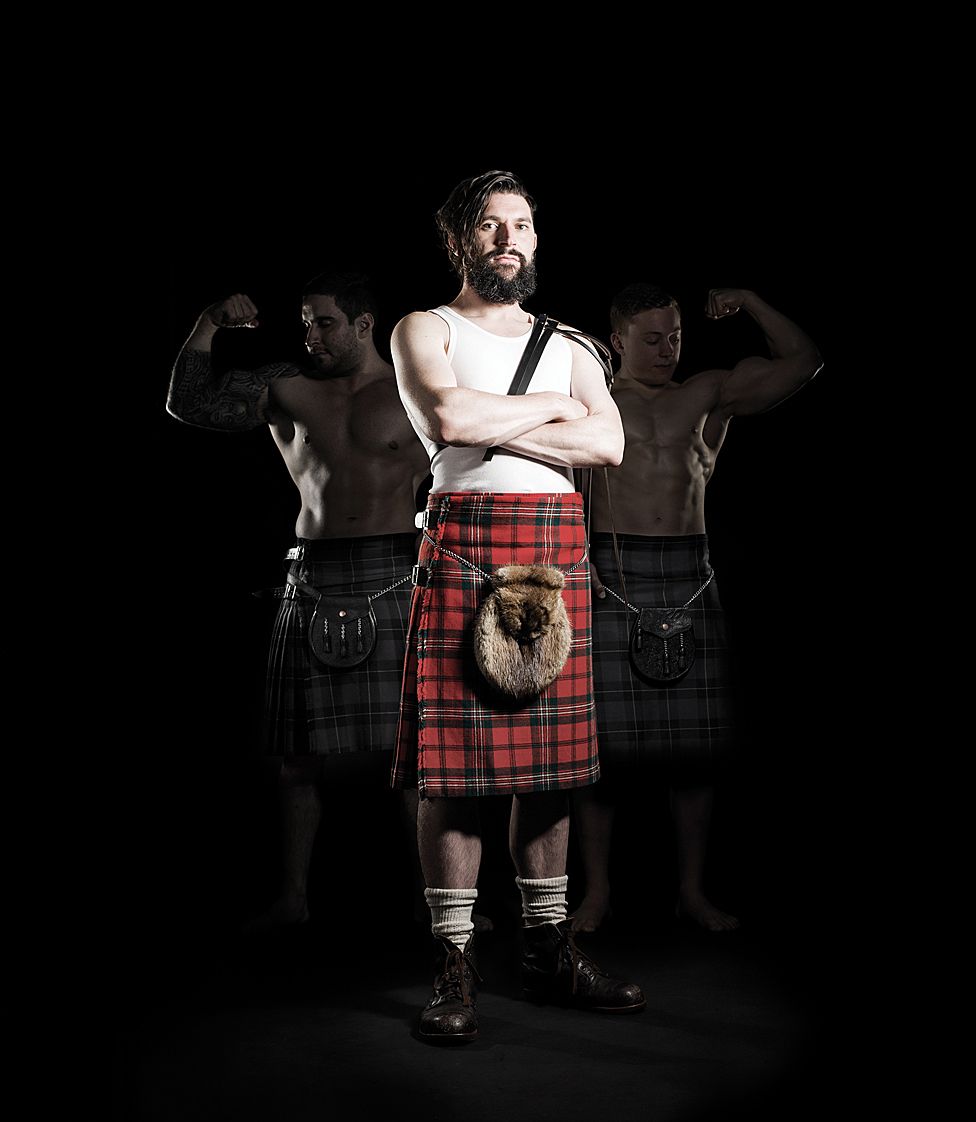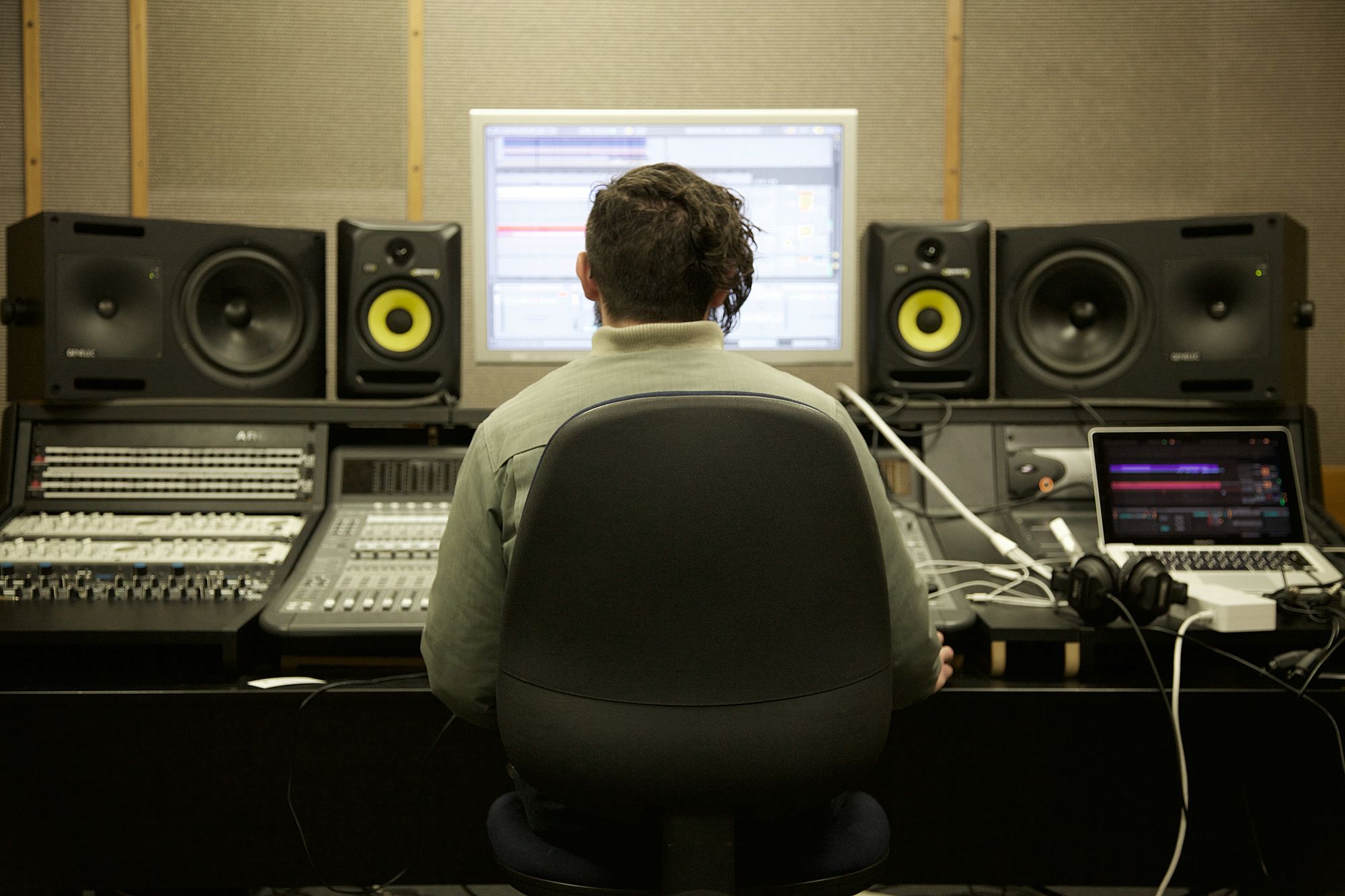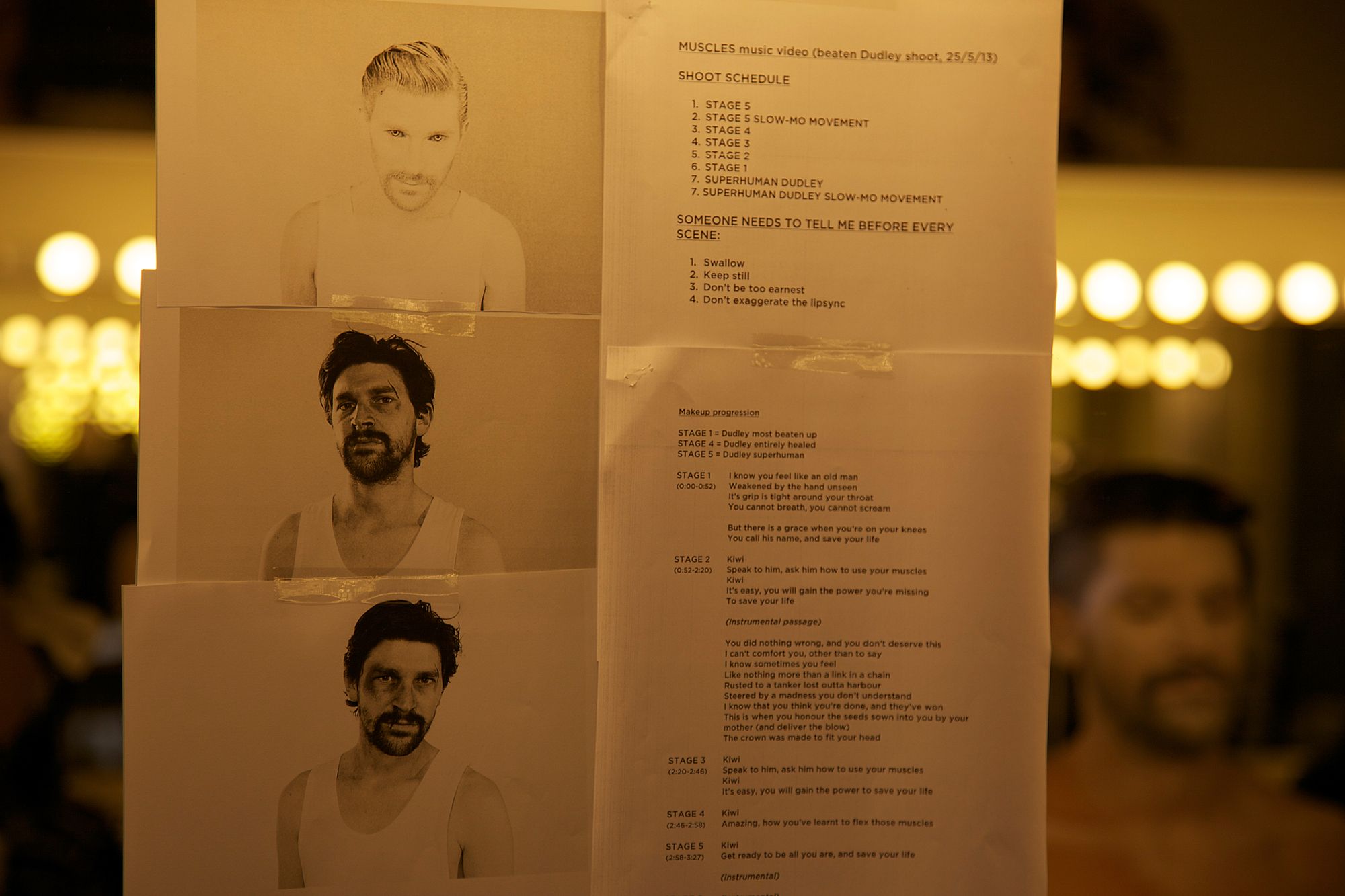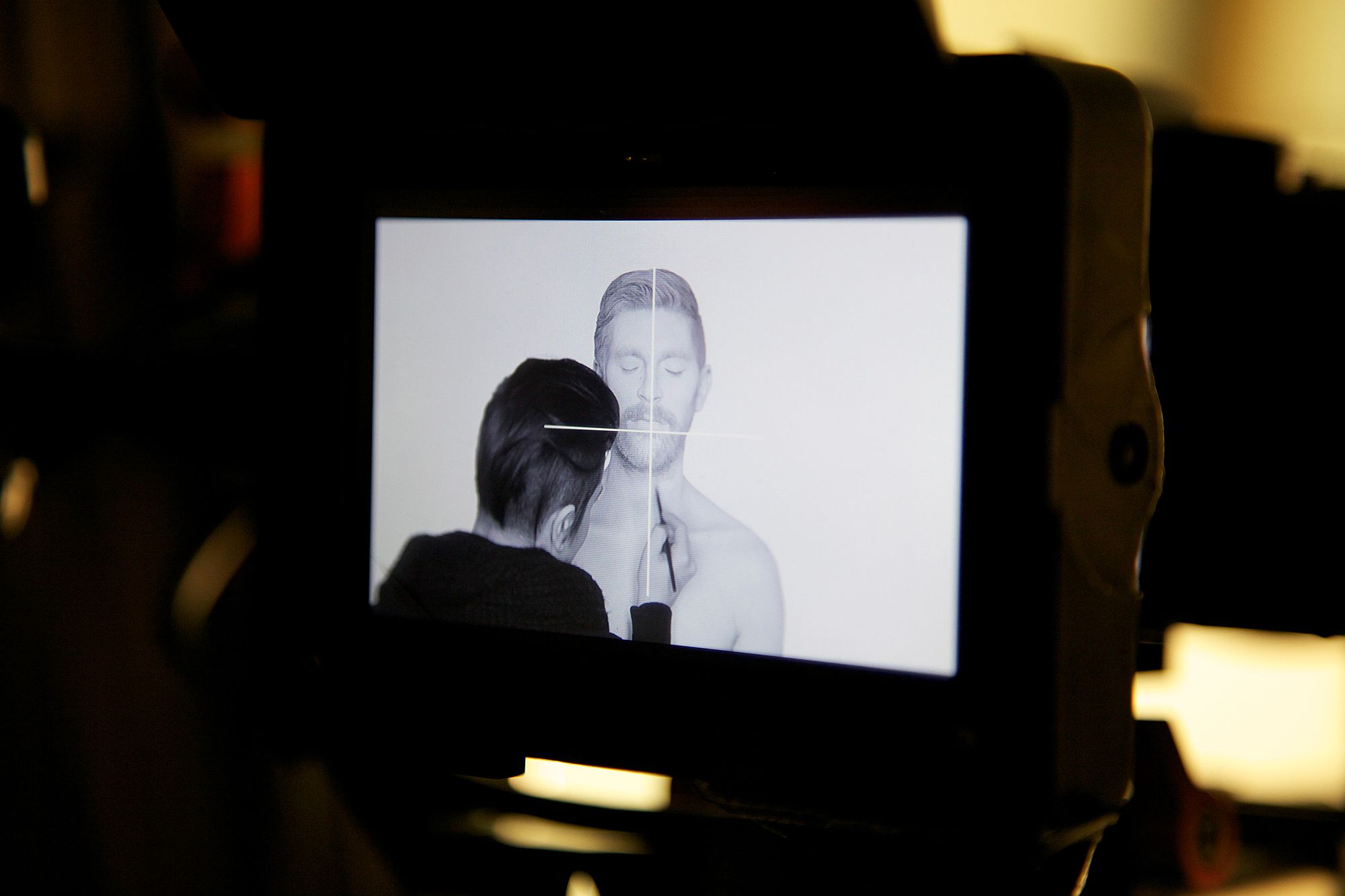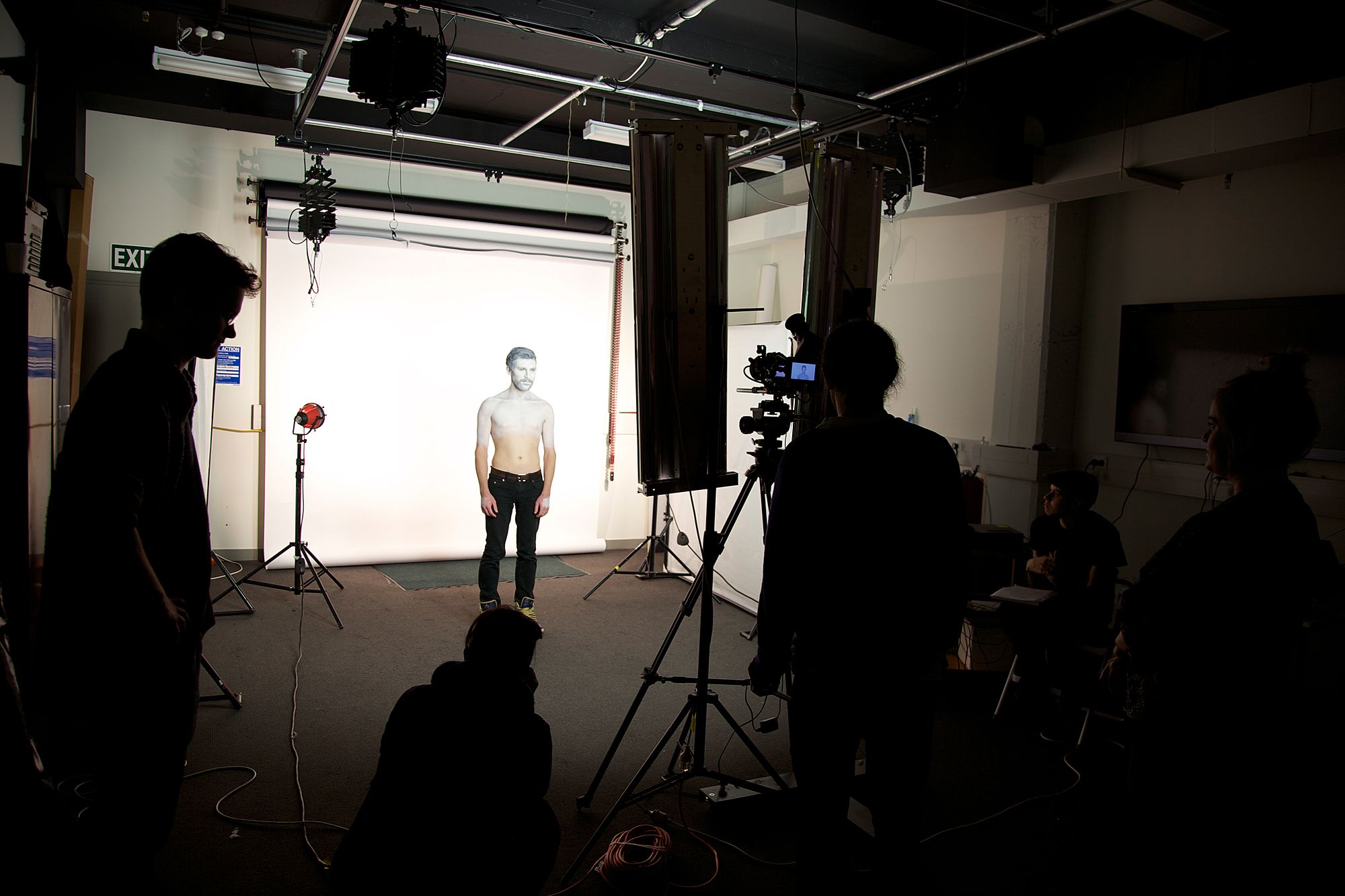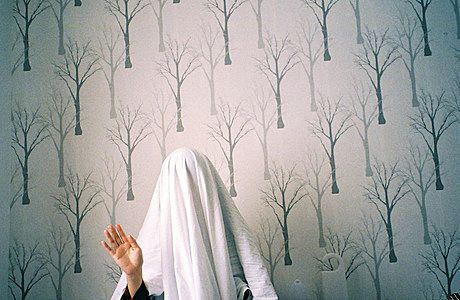First Watch: Dudley Benson's 'Muscles'
A first look at Dudley Benson's music video for his new song, "Muscles"
Words by Dudley Benson. Photography by Max Bellamy & Josh Thomas
Muscles is a song I wrote to myself. I’m not usually so self-centred when it comes to making music – I prefer to be thinking about bigger things with greater consequences, and hope that by expressing my thoughts about these issues, I might help to contribute to their awareness. And in some ways, Muscles is about those bigger things, but it essentially began with the self-awareness of that opening line – I know you feel like an old man, weakened by the hand unseen.
I started writing the song in 2012, at Cosy Nook, Foveaux Strait. At the time I was preparing for a Japanese tour and re-investigating the stems from my album Forest: Songs by Hirini Melbourne, with the intention of remixing them all for a solo live show with electronics. Writing wasn’t on my agenda, but one of those waiata, Kiwi, had a choral part, which once isolated, instantly felt like it had another life as the base of something new.
I pitch-shifted the choir into various new chords, and the lyrics of that first verse flowed really easily.
I know you feel like an old man, weakened by the hand unseen
Its grip is tight, around your throat
You cannot breathe, you cannot scream
“Kiwi”, sung in that major 5th in the chorus, had to be in the new song too. That motif has found its way into three pieces now: the original Kiwi from Forest, the Patriot Prayer Remix from Deforestation, and now as a base of the chorus of "Muscles". To me that call represents an echo of colonisation, especially the spark of that moment of first contact between Cook and tangata whenua at Tūranganui. In "Muscles", “Kiwi” grew from existing as something intangible into something living, breathing – an atua-like emblem, champion of a way to transform the abuse of power and the despondence it can induce in us, into something that can in fact empower; he’s telling us that if we want to communicate with Nature, it can sort almost anything out.
Over the next two years I slowly developed the beats and vocal arrangement in my studio at home in Dunedin. Towards the end of this writing period I felt the track needed some romance, and I happened to be finishing up a heavy year of writing string arrangements, so I found it very natural to add the quartet quite late in the piece. Andre Upston recorded the strings at Radio New Zealand, Auckland.
Mid-way through all of this, a friend suggested I apply to NZ On Air’s Making Tracks funding scheme – with very little expectation I did, and was shocked and grateful to get some money to record the vocal in a proper studio, and to make a video. Previous experiences with NZ On Air’s approach left me feeling they were conservative in their tastes, but I’m happy that this seems to have relaxed somewhat. With that support, I recorded my vocal and mixed the track at Albany St Studios in Dunedin. Nick Roughan then did a subtly beautiful job of mastering it, in Wanaka.
The video for "Muscles" represents the first time I’ve directed anything on film. I went into it with a simple concept – to express the healing process that a relationship with Nature can provide an individual. I worked with Melissa Pizzamiglio, an LA-based SFX makeup artist who was tutoring in Dunedin at that time, to create a character that would, by engaging with Nature, go through an evolution from broken to hyper-new. Max Bellamy is an established DOP in Dunedin, and shot the studio and scrapyard scenes, as well as the arms of Serg Chirila, a young Russian/New Zealand bodybuilder, whose ‘ceps we collated into the landscape montages.
After shooting in Dunedin, I recruited Simon Ward, a Wellington-based VFX creator and video director. With his pal Kenny Smith, Simon was able to strengthen the relationship our character had to the land by bringing in natural elements – the rock, water and tree – and illustrating their potential as forces to be utilised and respected.
Muscles is perhaps as close to self-helpy as I hope I’ll ever get. On a broader sense though, both in its technical makeup and its kaupapa, the song is also a bridge between Forest and my next record.
Follow what Dudley's been doing, is doing, and will be doing here.
